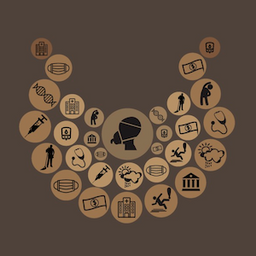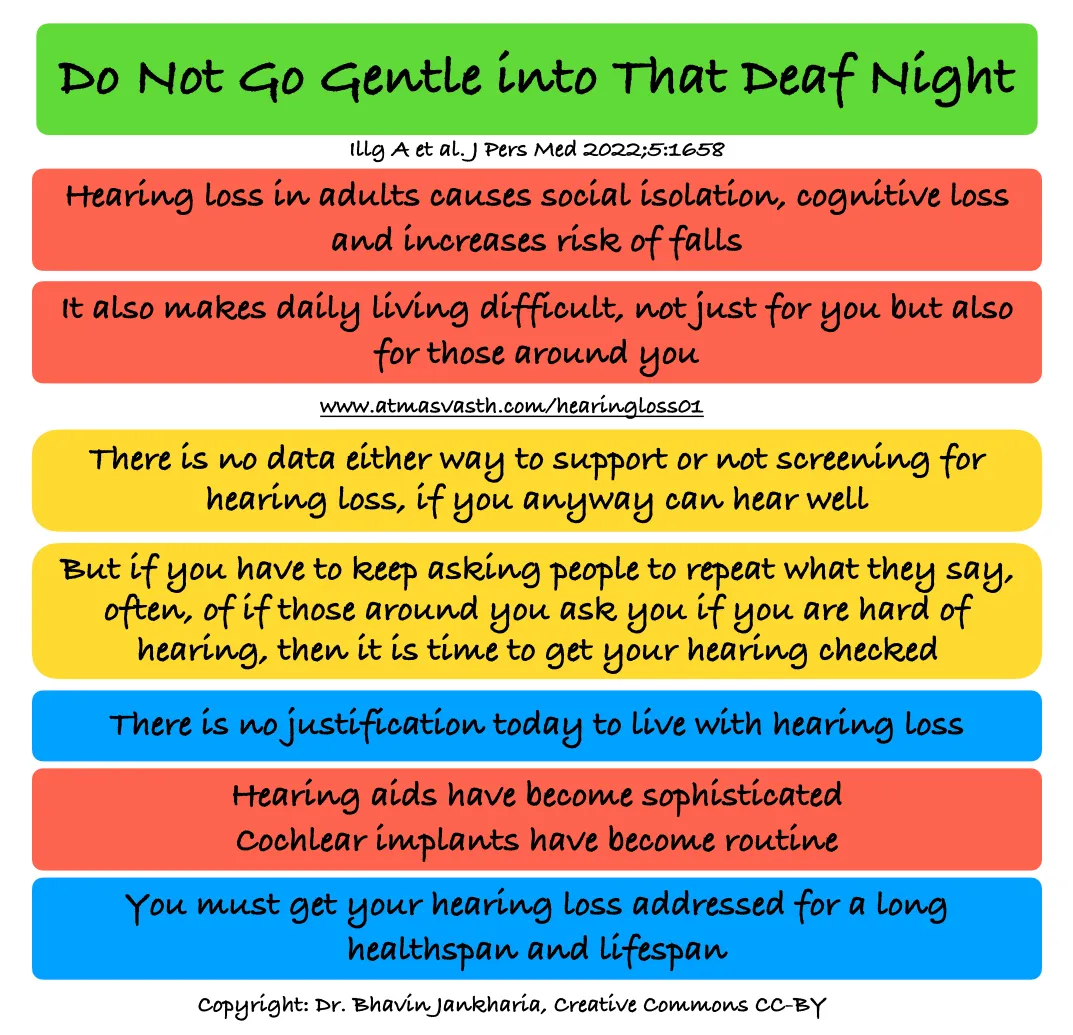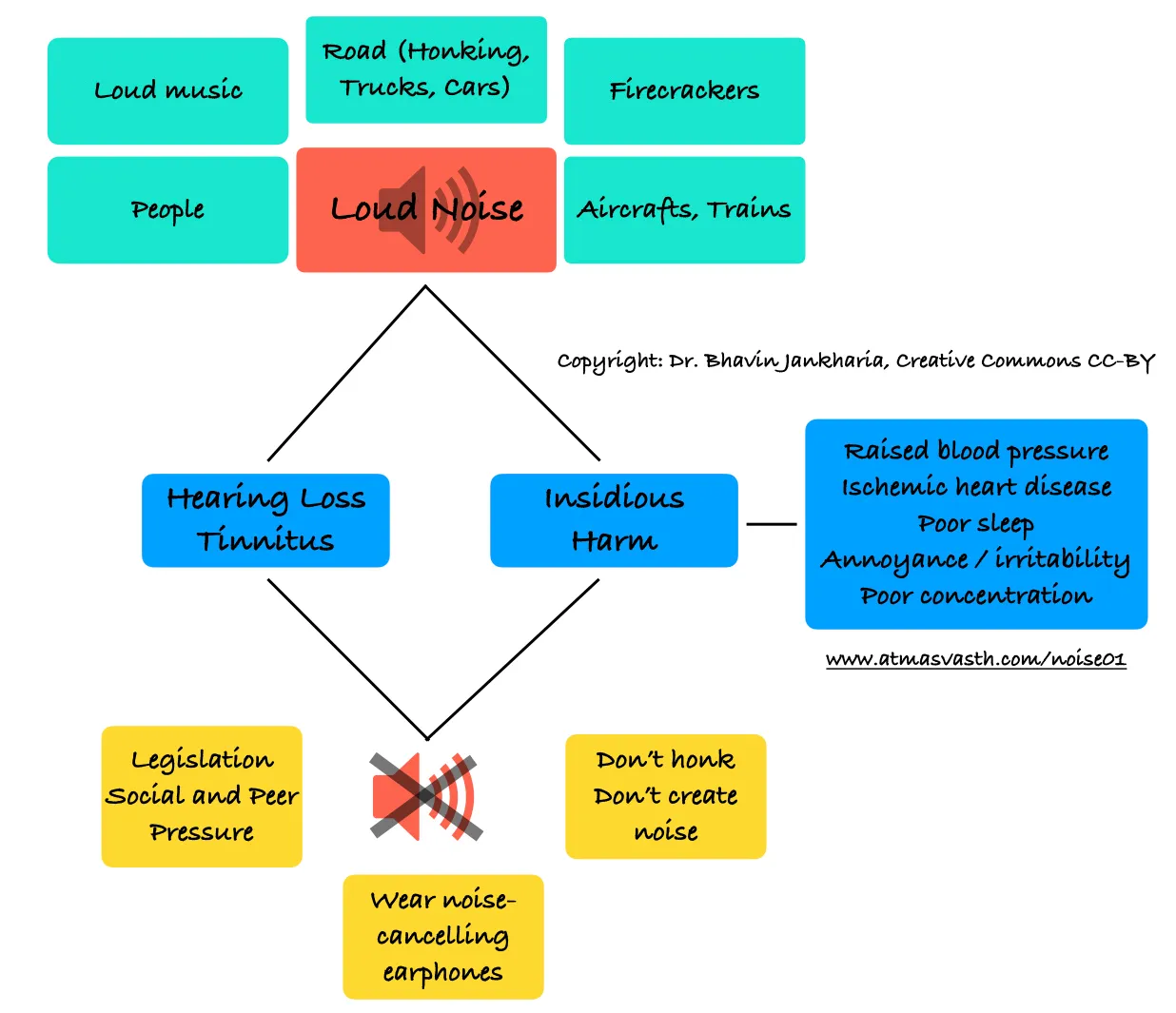Tech Fixes to Manage Hearing Impairment
There is no excuse for not making the effort to improve your ability to hear when someone wants to speak to you or to understand what the other person is saying even if you can’t hear what they’re saying.

The Book - Kindle Version Now Available Worldwide
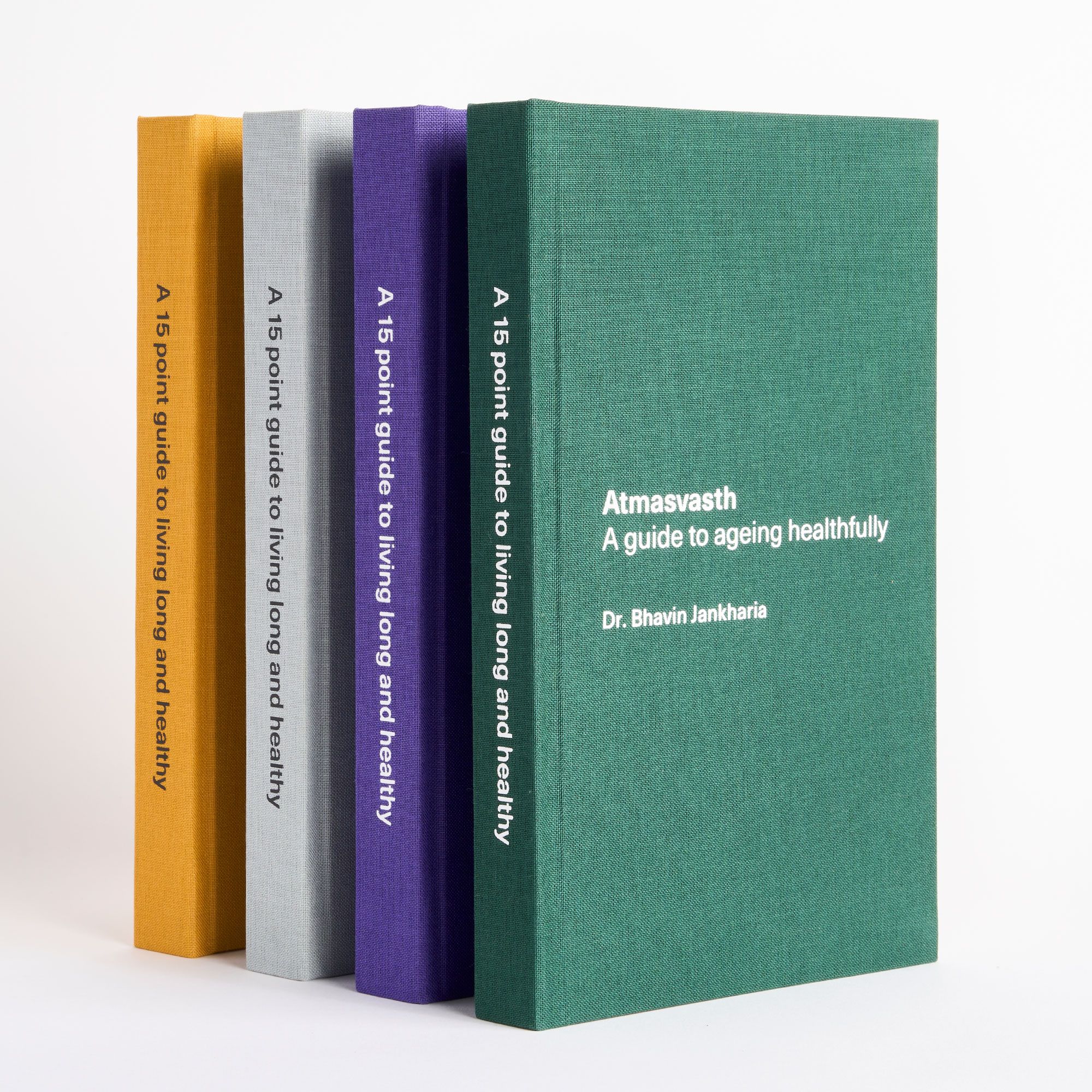
The Detailed 15-Point Guide to Live Long, Healthy
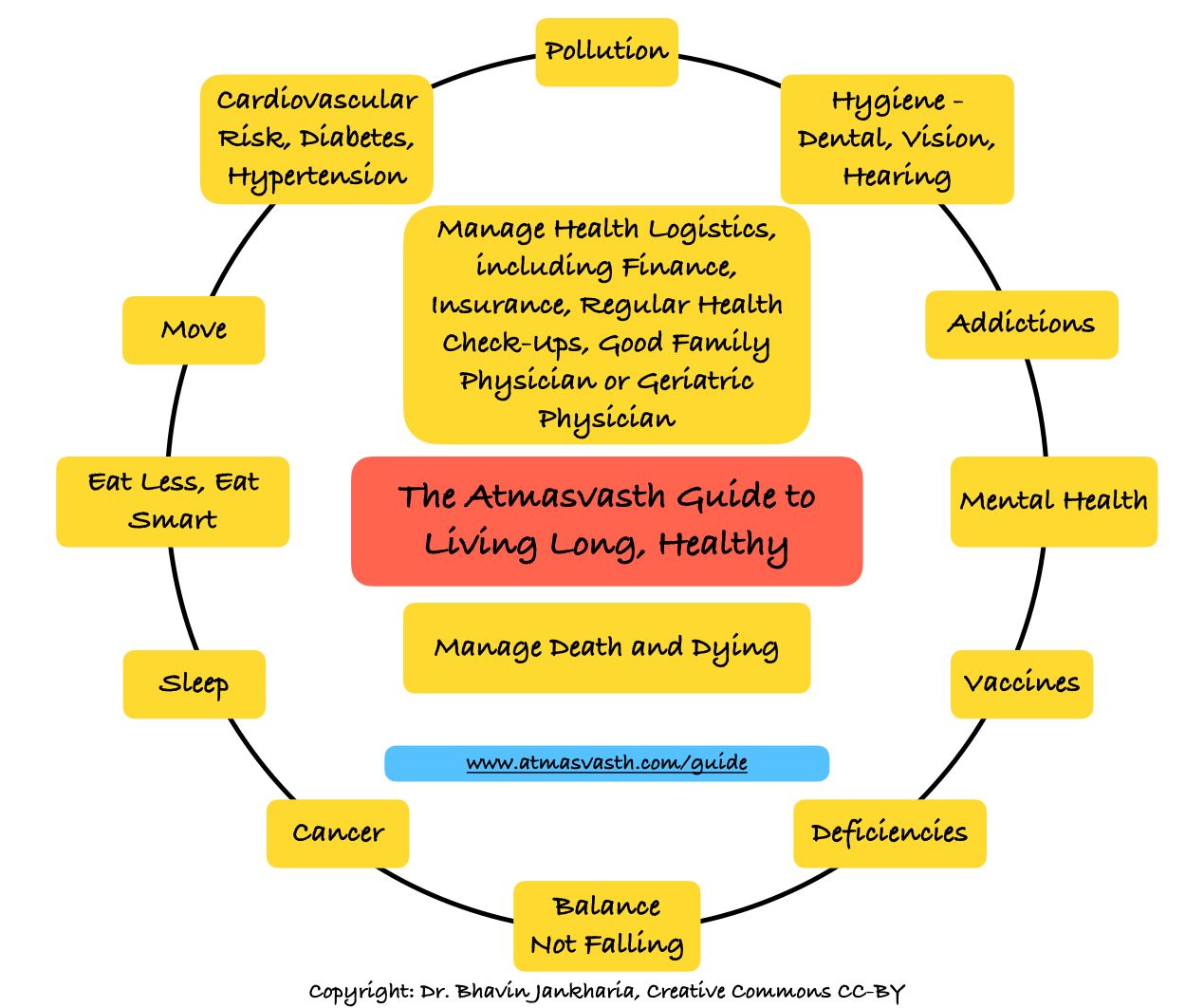
Audio
Text
When a patient sits in front of me for counseling and explanation prior to a biopsy or ablation, the third sentence after I introduce myself and ask for their preferred language is a question “Are you able to hear and understand me?” At that point or sometimes even before that, many patients and/or their relatives will tell me they are hard of hearing. If I ask them to put on their hearing aids, one of three things happens; they put on their hearing aids and all is well with the world, or they tell me they’ve left their hearing aids at home or they come up with the commonest excuse…we don’t like hearing aids. When I hear either of the last two options, my heart sinks, because then I have to raise my voice and speak loudly, which is energy sapping, and takes twice as long and even after that, I have no idea whether they’ve understood what I have said.
The 8th point in my Atmasvasth quest to live long, healthy is
8. Manage your senses (oral, vision, hearing) - daily, yearly
Good oral hygiene is important - bad teeth and gums are linked to many disease conditions.
Good vision is necessary for daily activity and should be checked regularly once in a year, not later than two.
Good hearing is necessary for daily activity. Test yourself using your phone and earphones and use products like the AirPods Pro 2 as hearing aids if you have hearing loss.
Hearing loss affects your health significantly. As I mentioned in my first piece on this subject in Dec 2021, it can lead to social isolation, is associated with an increased risk of falls and can cause accelerated cognition loss. It significantly affects the quality of your life and can reduce both healthspan and lifespan.
More importantly, it also affects those around you; your friends, family and caregivers, if they have to either speak very loudly or if they are not able to communicate with you. There is no real excuse then for not using hearing aids and other similar tools to try and improve your hearing, if not for yourself, then for those around you. Even Apple’s AirPods Pro have hearing test and aid features but they have not been enabled for India as of now.
About 4 months ago, I had a patient in his 80s, hard of hearing, partly accelerated by his chemotherapy, for a biopsy. When he sat down and we went through the usual spiel, my heart again sank, when he said he was hard of hearing and his 60-years old son told me that hearing aids don’t work for him. But then the son told me that his father will use Google Live Transcribe to communicate with me. It was wonderful…I would speak, he would read and then he would nod, if he understood, or speak if he had questions (he was hard of hearing, but could see and speak). It perhaps added 25% extra time to my counseling, but it worked brilliantly.
The New Yorker recently published a piece on hearing aids and other tech workarounds in the hearing impaired, which reminded me of this incident and led to this piece that you’re reading.
Google Live Transcribe would still be a problem in a roomful of people though single person communication works very well. It is unfortunately not available on iOS and is an Android only app.
There are workarounds on iOS and iPhones.
The best is to enable Live Captions if you have iOS 16 or later, though it seems to work only if you set your language to English (US), without changing the region (India). To enable it, go to Accessibility - Hearing - Live Captions. This creates a small icon on the home screen. Pressing this icon (circled in red on the image), brings up a screen that transcribes what is being said at the time…you can read what someone is saying in real time. It doesn’t save anything, nor can you take screenshots, but you can communicate in real-time with another person.

Another way on iOS 16 and higher is to Enable Dictation (Settings - General - Keyboard - Enable Dictation) and then open Notes and use the microphone to transcribe what the other person is saying into a Note. This can then be saved for future reference, but unlike Live Captions, requires the additional step of opening Notes and pressing the Microphone icon (circled with red in the image).

If you want to use a third party app like Google Live Transcribe, then Otter.ai works well on iOS, though it currently only supports English, Spanish and French. And if we are mixing up languages, then Google Translate in Conversation mode works too.
Then, there is another set of apps that enhances sounds for those who have moderate to severe hearing loss. One such is hearingOS (Petralex, which is also popular, however is not available in the India store). I tried hearingOS - you need wired or bluetooth earphones…the sound enhancement is amazing and you can adjust specific frequencies to change the ambient sounds and the volume of those who are speaking to you.
If you have hearing loss, you need to use hearing aids; for yourself and for those around you. If for any reason, these don’t work, you should consider getting a cochlear implant. If that too doesn’t work, then you should use tech on your phone…apps that can transliterate/transcribe what the other person is saying (as long as you can read and speak yourself), or apps that enhance sound. These help tremendously with communication, especially when it is one-to-one, though I’m sure with time, these apps will keep improving, to enable multi-person conversations in a roomful of people.
There is no excuse for not making the effort to improve your ability to hear when someone wants to speak to you or to understand what the other person is saying even if you can’t hear what they’re saying.
Atmasvasth Newsletter
Join the newsletter to receive the latest updates in your inbox.
